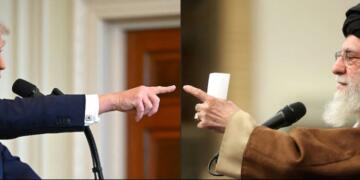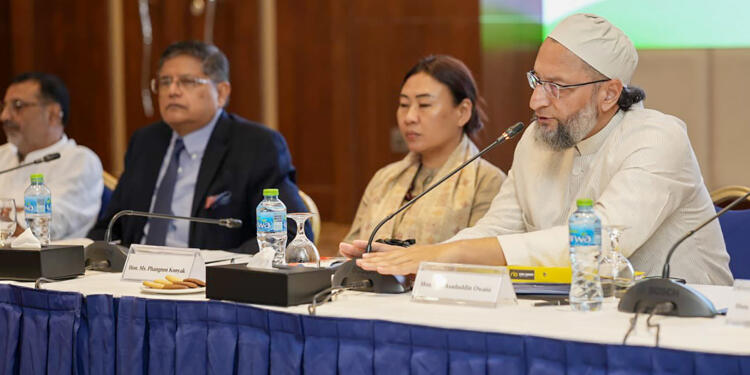The Modi government’s foreign policy strategy of sending political delegations abroad—often referred to as delegation diplomacy—has done more than just boost India’s global profile. It’s also had a surprising domestic impact: reshaping how even fierce critics like AIMIM chief Asaduddin Owaisi are viewed, both at home and abroad.
Once frequently described by right-wing circles as a hardliner, Owaisi has recently taken positions that align with India’s official stance on sensitive international issues. His defense of the government’s position in global forums is now prompting a reevaluation of his image, even among his detractors.
Diplomatic Outreach: A New Foreign Policy Tool
Under the Modi government, India has increasingly relied on sending MPs, civil servants, and community leaders abroad as part of structured delegations. These missions are designed to build diplomatic ties, clarify India’s position on global controversies, and challenge narratives critical of the country’s internal affairs—especially concerning minority rights.
This approach gained momentum after Operation Sindoor, a significant military strike aimed at terror networks. In its aftermath, India’s Ministry of External Affairs ramped up outreach efforts, sending delegations to Gulf nations, Southeast Asia, and the West. The goal: to reinforce India’s image as a stable, responsible democracy, and to communicate the government’s anti-terror rationale directly to global stakeholders.
Operation Sindoor was a major counterterror operation carried out by Indian forces in early 2025, aimed at dismantling terror networks near the Line of Control and in areas under Pakistan’s control in Kashmir. The mission was launched after credible intelligence indicated plans for attacks on Indian military and civilian installations.
Owaisi’s Changing Tone Abroad
Asaduddin Owaisi, leader of the All India Majlis-e-Ittehadul Muslimeen (AIMIM), has long been a vocal critic of the BJP-led government, particularly on issues related to minority rights and secularism. Yet recent foreign visits have revealed a more nuanced stance.
During a recent delegation visit to Saudi Arabia, for example, Owaisi echoed India’s official line on the Gaza conflict, focusing on humanitarian concerns while refraining from overt criticism of New Delhi’s position. This shift surprised many political observers and was interpreted as a gesture of statesmanship.
Rather than standing solely in opposition, Owaisi has used these platforms to express a broader vision—presenting himself as someone who can represent both national interests and minority voices. The result is a more balanced image: that of a leader engaging with the international community not just as a dissenter, but as a contributor to national diplomacy.
Shaping Perceptions—At Home and Abroad
The effect of this strategy is two-fold. Domestically, Owaisi’s involvement in foreign delegations adds complexity to his public persona. He’s no longer framed only as a minority rights firebrand but increasingly seen as a pragmatic leader capable of engaging in meaningful dialogue beyond party lines.
Internationally, his participation offers a powerful counterpoint to narratives that paint India as intolerant or divided. When a Muslim opposition leader defends India’s position on global issues, it sends a strong message about the country’s democratic diversity and internal plurality.
Diplomacy That Cuts Across the Aisle
The Modi government’s use of delegation diplomacy has become an influential soft power tool. It has not only expanded India’s global reach but also helped shape how political figures like Asaduddin Owaisi are perceived—by global audiences and Indian voters alike.
By encouraging bipartisan representation in foreign policy conversations, this strategy is blurring rigid political lines and offering space for new narratives. In an era of polarized domestic politics, the willingness of leaders across the spectrum to defend India’s interests abroad may be the first sign of a more nuanced, collaborative future in Indian diplomacy.























